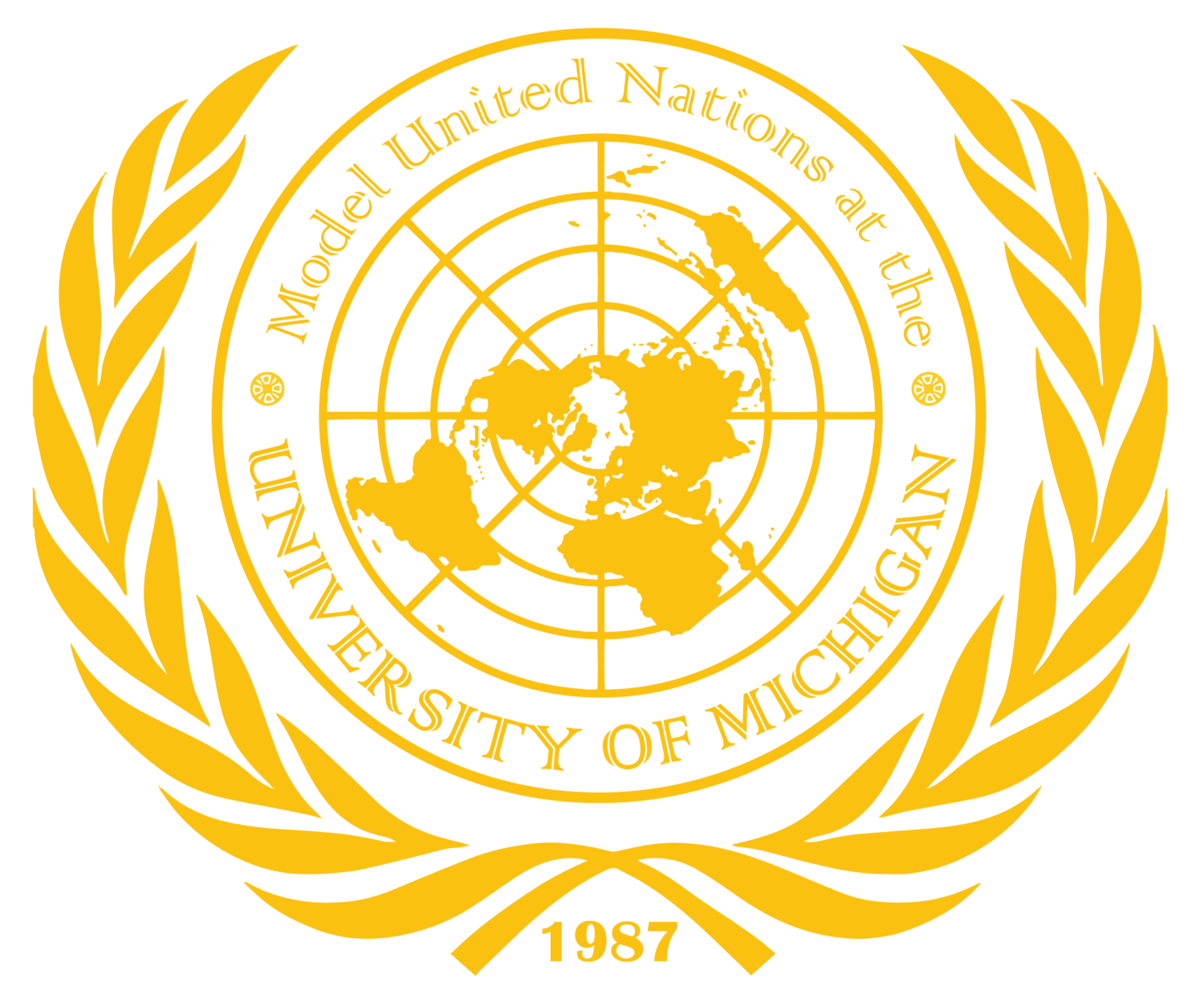By: Tananya Prankprakma
It is 1994, and the citizens of South Africa have participated in a groundbreaking election. This marked the first election in which non-white citizens were able to vote, a huge step to end the era of Apartheid.
The African National Congress (ANC) was founded in 1912, and for several decades, this political party has led the fight against apartheid in South Africa. In recent years, the National Executive Committee of the African National Congress (NECANC) has worked tirelessly on their campaign in order to win the presidency and seats in the National Assembly. In this monumental election, they had to ensure that they could gain the support of the newly franchised voters.
Not long before the election, poll results showed that the ANC had 53% of the people’s support, losing much of their support to the Inkatha Freedom Party (IFP), whose platform heavily emphasized self-governance. The amount of support that the IFP was able to garner was expected—many people in South Africa had not had their voices heard for entire lifetimes, and they were eager for control. This support was especially prevalent from the Bantustans, the 10 regions to which black South Africans were forced to relocate if they did not have the permission to work in white-only South Africa.
However, the NECANC emphasized in a directive the faults of the IFP’s plan for self-governing structure, calling out the potential for bureaucratic inefficiency, regional instability, and significant lack of socioeconomic mobility, among several other harms.
Beyond pointing out the IFP’s shortcomings, the directive passed by the NECANC took measures to ensure that Zulu Bantustans would be well represented in ANC decision-making and declared plans for development in the Zulu region. In other Bantustan regions, the NECANC emphasized the slogan “We Stand With the People” and stressed the policies they would put in place to improve infrastructure, invigorate the economy, and prioritize education.
All in all, the NECANC took thorough care to ensure the success of the election. In the week leading up to the election, the NECANC passed another directive to organize rallies, showcases, Q&As, and many other regional events to push them to victory.
In the end, the ANC won the presidency with Nelson Mandela along with a majority of the seats in the National Assembly, though not enough that instating their policies will be easy. The road ahead for the ANC is rocky, but the results of this election have given hope to South Africans that have not seen it for years.
